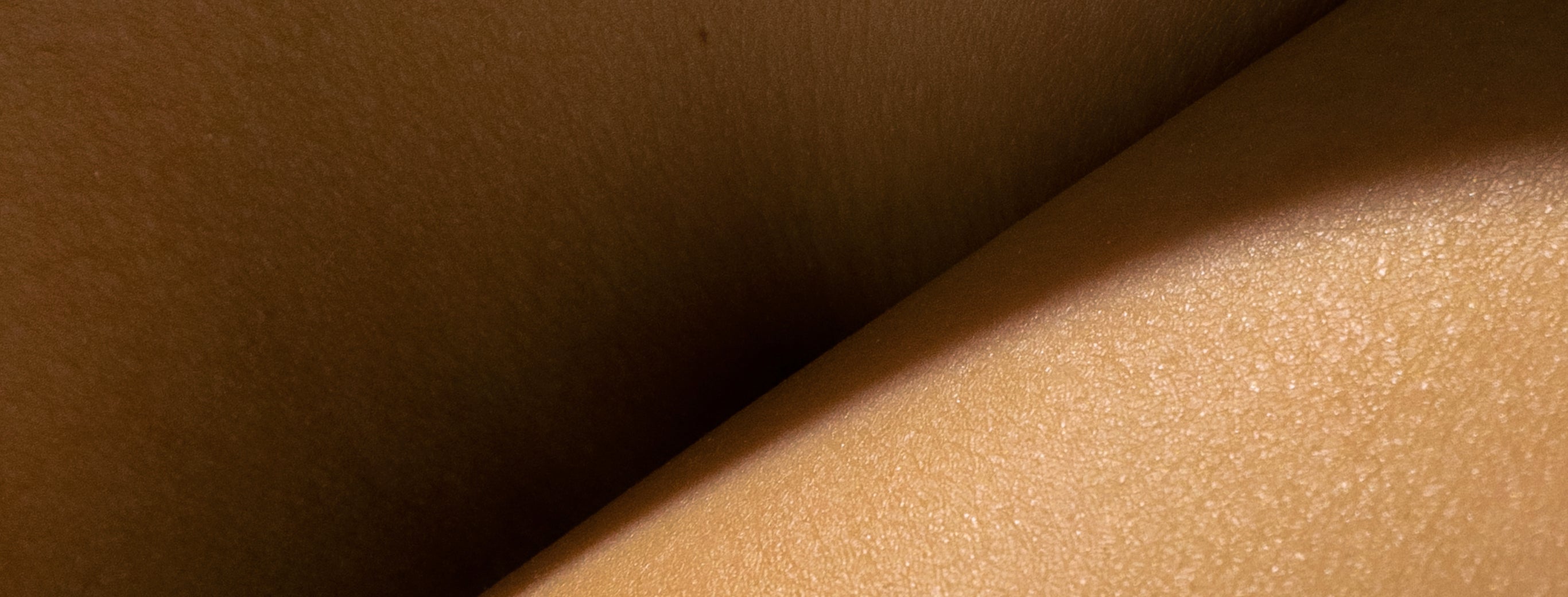Plastic Surgery Nutrition: What Foods to Eat with a Tummy Tuck
Are you preparing for an upcoming tummy tuck surgery? Are you curious what foods to eat with a tummy tuck? A tummy tuck, also called an abdominoplasty, removes excess fat and skin on the stomach and reinstates the weakened muscles to create a smoother, firmer abdomen.
You may be wondering what you can eat after surgery for optimal recovery. After spending a lot of money on your surgery, it is essential to take protect that investment with nutrition!
Keep reading to learn from Kylie, MS, RD, a clinical dietitian specializing in about the best foods to eat after a tummy tuck and which foods you should avoid.
Looking for more plastic surgery content? Make sure to check out my blog post on the best proteins to eat before and after plastic surgery!
What can I eat after a tummy tuck?

There are certain foods that can help assist your body with the surgery and recovery process of a tummy tuck. Being aware of these foods can help you make sure that you are nourishing your body with the right vitamins and compounds it needs.
- Non-Cruciferous Vegetables
Non-cruciferous vegetables refer to vegetables that are NOT a part of the cabbage family. These include foods like beets, peppers, cucumbers, carrots, and potatoes.
Why are these good post-surgery?
These vegetables are non-gas forming, but also high in fiber. Fiber helps to improve digestion and prevent constipation, which is a common problem after surgery.
- Nitric Oxide Forming Foods
Nitric oxide is a gas we make in our bodies from nitrates and nitrites that are naturally found in our foods. Foods that increase nitric oxide production in the body include dark green leafy vegetables like Swiss Chard and spinach, as well as carrots and beets.
Why are these good post-surgery?
The foods are helpful because nitric oxide can improve incision health and healing following your surgery.
- Foods High in Protein AND Calories
When choosing proteins after surgery, it’s important to look for low-fat, high calorie options. These include low-fat Greek yogurt, eggs, beans and legumes, peanut butter, nuts, fish, and lean meats.
Why are these good post-surgery?
Protein helps your body make new cells, which helps with incision healing. Your body also needs more energy, in the form of calories, because it is working harder than normal to heal after surgery.
Action tip #1: Create a post-surgery meal prep that includes 2-3 of the foods listed above.
What foods should I avoid?
Now that you know which foods are good to eat with a tummy tuck, you may be wondering which foods you want to limit or avoid. The list below gives you examples of foods that can lead to unwanted symptoms and slower recovery with a tummy tuck.
Try to do your best to limit your consumption of these foods while going through surgery and recovery.
- Cruciferous Vegetables
Cruciferous vegetables include vegetables in the cabbage family such as broccoli, cabbage, cauliflower, kale, and bok choy.
Why are these bad post-surgery?
These foods are high in sulfur which may lead to uncomfortable gas and bloating after surgery.
- High-Fat Meats
High-fat meats include beef, pork, steak, sausage, bacon, hot dogs, hamburgers, and salami.
Why are these bad post-surgery?
High-fat meats are typically also high saturated fat which can slow gastric motility. Gastric motility refers to the speed of the digestive system. A slow gastric motility can lead to constipation and unwanted gas, both which you don’t want!
- Foods High in Saturated Fat
Foods high in saturated fat include full-fat dairy, butter, cakes, biscuits, pastries, and most cheeses.
Why are these bad post-surgery?
These foods can also slow gastric motility, leading to uncomfortable side effects like bloating, constipation, nausea and heartburn.
What are some examples of foods I recommend?

Are you wondering what a plastic surgery dietitian recommends you eat after tummy tuck surgery? Here are a list of a couple of my favorite foods that are going to help you through your healing process. Add a couple of these foods into your pre or post surgery routine!
- Kiwi
Kiwi is hydrating and high in fiber to promote digestion.
- Pomegranate
Pomegranate contains antioxidants and reduces inflammation in the body. It also helps regulate nitric oxide production to reduce recovery time after surgery.
- Pumpkin Seeds
They are high in iron and protein to aid in the wound healing process.
Foods to Eat With a Tummy Tuck: Final Thoughts
Here are a few key takeaways from this article:
- After a tummy tuck you should include foods that are non-gas forming, nitric-oxide forming, and high in protein AND calories.
- You should avoid foods that cause gas like cruciferous vegetables and foods high in saturated fat.
- Foods like kiwi, pears, pomegranate, pumpkin seeds, and turkey are all beneficial to eat following a tummy tuck.
As a plastic surgery dietitian, I am able to work together with you to help you smoothly get through surgery and recovery with as minimal complications as possible. I develop a customized plan that guides you through what you should and shouldn’t be eating for optimal results.
I would love to talk with you! Follow me here or email me at plasticsurgerynutrition@gmail.com . You spend a lot on your surgeries- it is important to invest in your body’s health before and after them as well.
Looking for more fun and educational content about surgery? Then follow me at @nutriton.plasticsurgery on Instagram!


